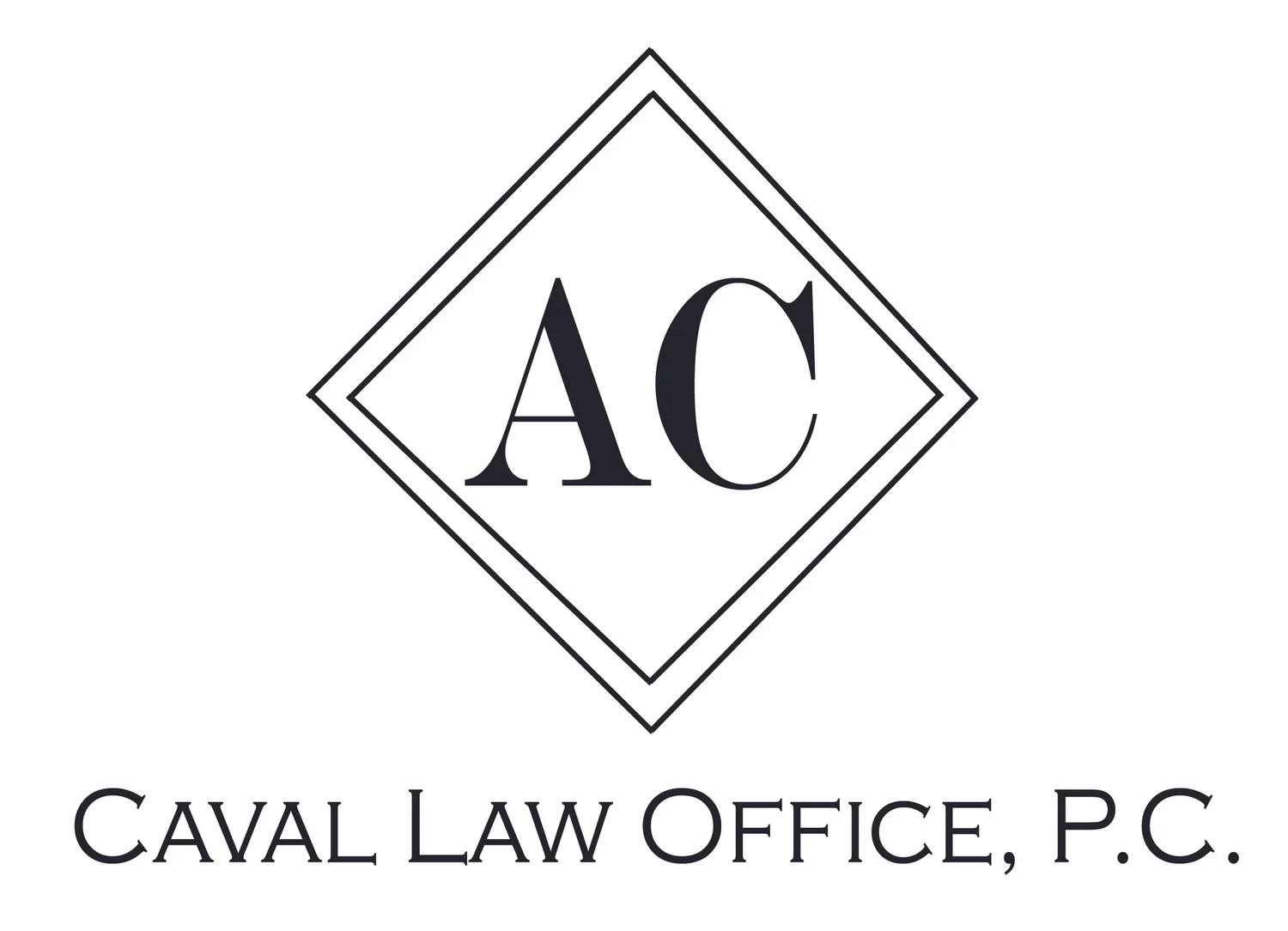Bankruptcy & Credit Scores
Filing a bankruptcy will negatively impact your credit score. How much it impacts your credit is harder to quantify. The Fair Isaac Corporation – the entity that creates and compiles your FICO score – notes that if someone who has a spotless credit history files bankruptcy they can expect a huge drop (more than 100 points) in their score while someone who already has a low score will see a modest drop as a result of the filing. This will impact your ability to obtain new loans or credit cards.
While bankruptcy does negatively impact your credit score, so does missed payments and accounts that go to collections. So, in all likelihood your credit score is likely already low and the impact of a bankruptcy will be modest. Additionally, after filing your bankruptcy if you pay all your bills timely then you start to build up a good payment history which positively affects your score.
From the date of the bankruptcy petition, a Chapter 7 or 11 filing will remain on your credit report for up to 10 years. A completed Chapter 13 will remain on your report for up to 7 years. As time passes, the negative effect of your bankruptcy diminishes.
One way to establish credit after bankruptcy is to obtain a secured credit card which will allow you to build up a good credit history. A secured card is a card that requires a cash collateral deposit which then becomes the line of credit for that account. This means that if you want a card with a $500 limit then you would need to deposit $500 with the institution when you open the account. Sometimes a bank will allow you to add to the deposit and thereby increase your credit limit or sometimes a bank will reward you for good payment by adding to your credit limit without requesting additional deposits. Typically banks want a minimum deposit of $300 - $500. Shop around and look for a bank that does not charge an application fee and has low annual fees and low interest rates. However, be mindful of your credit habits because you only get a Chapter 7 discharge once every 8 years and a Chapter 13 discharge once every 4 years and banks know it. Lastly, make sure that the entity that offers the secured card actually reports to the credit bureaus otherwise it does not help you re-establish a good credit history.
In short, a bankruptcy filing will cause an immediate and negative impact on your credit score but its effect diminishes over time and you can recover from it.

